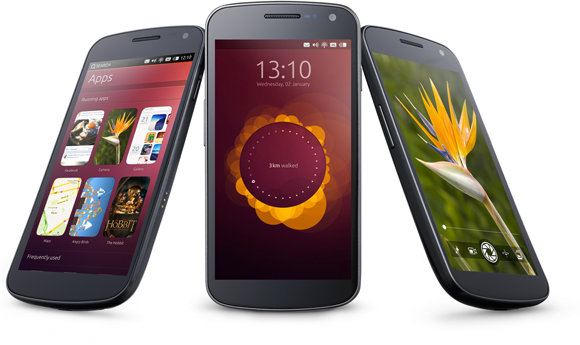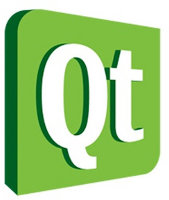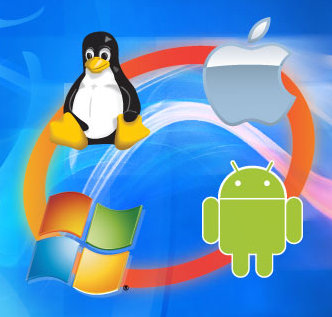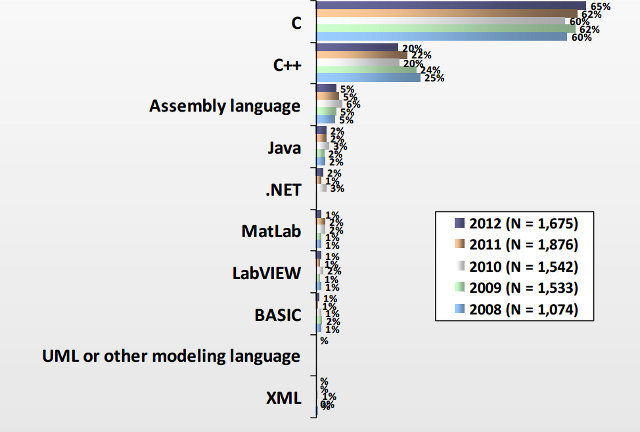Wolfram Sang, kernel developer for embedded systems at Pengutronix, talks about Device trees and conflicts and pitfalls he experienced as a kernel developer and I2C subsystem maintainer. This is one of several talks about Device trees at ELCE 2012. Abstract: Since ARM started to use device trees, their impact on various subsystems in the kernel has been increasing significantly. Because they became the de-facto standard, everybody wants them soon. Because they need a ton of conversions and adaptions, a lot of questions are still unresolved. This carries potential for conflicts.Wolfram has dealt with device trees already on PowerPC and still does on ARM. Additionally, he co-maintains the I2C subsystem which is affected by device tree conversions, too. Knowing both sides, as developer and as maintainer, he will talk about stumbling blocks experienced so far, e.g. typical pitfalls when inventing bindings or the high pace. A number of examples will be […]
Embedded Linux Boot Time Optimizations – ELCE 2012
Alexandre Belloni, embedded Linux engineer and trainer at Adeneo Embedded, gives a presentation about different techniques to optimize boot time for Embedded Linux at ELCE 2012. He also explains how they’ve measured the boot time. Abstract: A common problem faced when embedding Linux is the long boot time before the system is functional. There are many ways to improve boot up time. For a particular project, we had to answer a CAN message from Linux userspace in less than 420 ms from going out of CPU reset. We will describe our methodology and the techniques we finally chose to implement in that particular use case. We will also detail how we measured the boot time efficiently. A live demo will show the results of our work. More specifically, Alexandre discusses two projects at Adeneo where boot time was critical: An automotive platform based on Freescale i.mx53 needs to reply to […]
Canonical Announces Ubuntu for Phones
Canonical has just announced the Ubuntu for Phones platform that will allows users to have similar experience on desktops (Ubuntu Desktop), TVs (Ubuntu TV) and smartphones, avoiding the need to learn 2 different platform for the desktop and mobile devices. The user interface replaces the “Lock screen” with the “Welcome screen” (As shown in the middle of the picture above), which shows notifications and user data as you turn on your device. The user interface mostly eliminate buttons, and you can access features by swiping the edge of the phone. A swipe on the left edge will show the dash bar, giving access to most used apps and dash search, a swipe on the right edge will cycle through your opened apps, a swipe at the top will give access to notifications and allow changing settings right from there, and a swipe at a button will allow you to customize […]
Digia and the Qt Project Release Qt 5.0
The Qt Project and Digia have announced the release of Qt 5.0, which is available via Qt 5.0 page on qt-project.org, or via qt.digia.com/qt5 for commercial customers. Qt 5.0 comes as a full SDK package including Qt 5 framework, Qt Creator 2.6.1, examples and full documentation. Qt 5.0 is available in source code and binary format for Linux (64 and 32 bit), Mac OS X (10.7 and 10.8), and Windows. You can read more about the main changes and new features compared to Qt 4.8, on my previous blog post about Qt 5 Alpha. A video showcasing some of the key features of Qt 5 has been uploaded to Youtube. The video above is actually a screen capture of a Qt 5 based application using Qt Quick, OpenGL and WebKit, running in a Mac. Audio has been added with iMovie application. You can try this Qt 5 Launch Demo by yourself by […]
Collabora and Fluendo Release GStreamer SDK for Android
Collabora and Fluendo have recently announced the availability of GStreamer’s Software Development Kit for Android, which allows developers to create multimedia playback applications for Android smartphones and tablets using Gstreamer and the Android NDK.. The GStreamer SDK for Android targets Android 2.3.1 Gingerbread or higher (API Level 9 or greater). However, due to some of the restrictions of previous versions of Android, some features such as hardware acceleration are only available on Android 4.1 Jelly Bean (API Level 16 up). Normally, you’d need the GStreamer SDK which can be installed on Linux (Ubuntu, Fedora and Debian), Windows (XP/Vista/7/8) and Mac OS X (10.6 to 10.8). But for developing Android applications using Gstreamer, you don’t. What you do need first is a typical Android development environment with the latest Android SDK, the latest Android NDK, and optionally, but recommended, the Eclipse IDE with Android ADT and NDK plugins. Once everything is […]
2012 Embedded Market Study – Software Development & Processors
I’ve just come across an Embedded System Study by UBM published in April 2012. The company surveyed over 1,700 professionals working on embedded systems who are mainly based in the US (56%), but also in Europe (21%) and Asia (12%). The report is 87 long, but I found some of the slides are particularly interesting in regards to programming languages, operating systems and software life cycle, as well as processor/micro-controller choices. Unsurprisingly C (65%), C++ (20%) and assembler (5%) are still the main languages used for embedded software development. In this report, we also learn that the average team is composed of 14.5 members including 5.6 software engineers, 5.6 hardware engineers and 3.3 firmware engineers. 2012 was the first year they included QA Engineers and system integrators both with 2.6 members on average working on projects lasting from less than 6 months to over 25 months. UBM survey also provides a […]
AMLogic Releases U-Boot and Updated Linux Kernel Source Code
AMLogic released kernel 3.0.8 source code for AML8726-MX a few months ago, and yesterday they provided an updated tarballs with the kernel, and for the first time, AFAIK, released the source code for U-Boot. There are 4 new files apparently generated from the (internal) git repository in AMLogic: common-2012-11-20-git-b687495906.tar.gz (108M) – This is the same kernel 3.0.8 release has last time, but with updated code. m1-kernel-android-2012-11-20-git-5d0f6b8e93.tar.gz (103M) – This looks like an older kernel 2.6 for AML8726-M1 only. uboot-master-2012-11-20-git-9b50e9a295.tar.gz (16M) – U-Boot 2010.06 possibly to use with the older 2.6 kernel. Only for M1 & M3 platforms. uboot-next-2012-11-20-git-b0e532795a.tar.gz (40M) – U-Boot 2011.03 for use with M3 and M6 platforms. I’ve already explained how to build the kernel in the previous post, so I’ll focus on U-Boot this time. Ubuntu 12.04 arm-linux-gnueabi- toolchain fails to build U-Boot (uboot-next), so you’ll have to install Sourcery toolchain instead: wget http://openlinux.amlogic.com/download/linux/ARM/gnutools/arm-2010q1-188-arm-none-eabi-i686-pc-linux-gnu.tar.bz2 tar xjvf arm-2010q1-188-arm-none-eabi-i686-pc-linux-gnu.tar.bz2 […]
Freescale i.MX6 Resources: Development Boards, Documentation, Source Code and Tools
Reader “Mark” recently left a comment saying the NDA on Freescale i.MX6 resources was lifted and documentation and source code were now available for the platform. So it’s time for me to look into it, and provide an overview of Freescale i.MX6 features, list available development platforms, and have a closer look at the documentation, source code and tools for the platform. Freescale i.MX6 Processors In 2011, Freescale initially announced 3 processors in the i.MX6 series for consumer, industrial and automotive markets, but added 2 lite SoC in 2012, and there are now 5 members in the family: Freescale i.MX6SoloLite – Single Cortex A9 processor up to 1 GHz with 256KB L2 Cache, 32-bit DDR3 and LPDDR2 memory support, and 2D graphics accelerator (Vivante GC355 + GC320) Freescale i.MX6Solo – Single Cortex A9 core up to 1 GHz with 512KB L2 Cache, 32-bit DDR3 and LPDDR2 memory support, and 2D & […]









